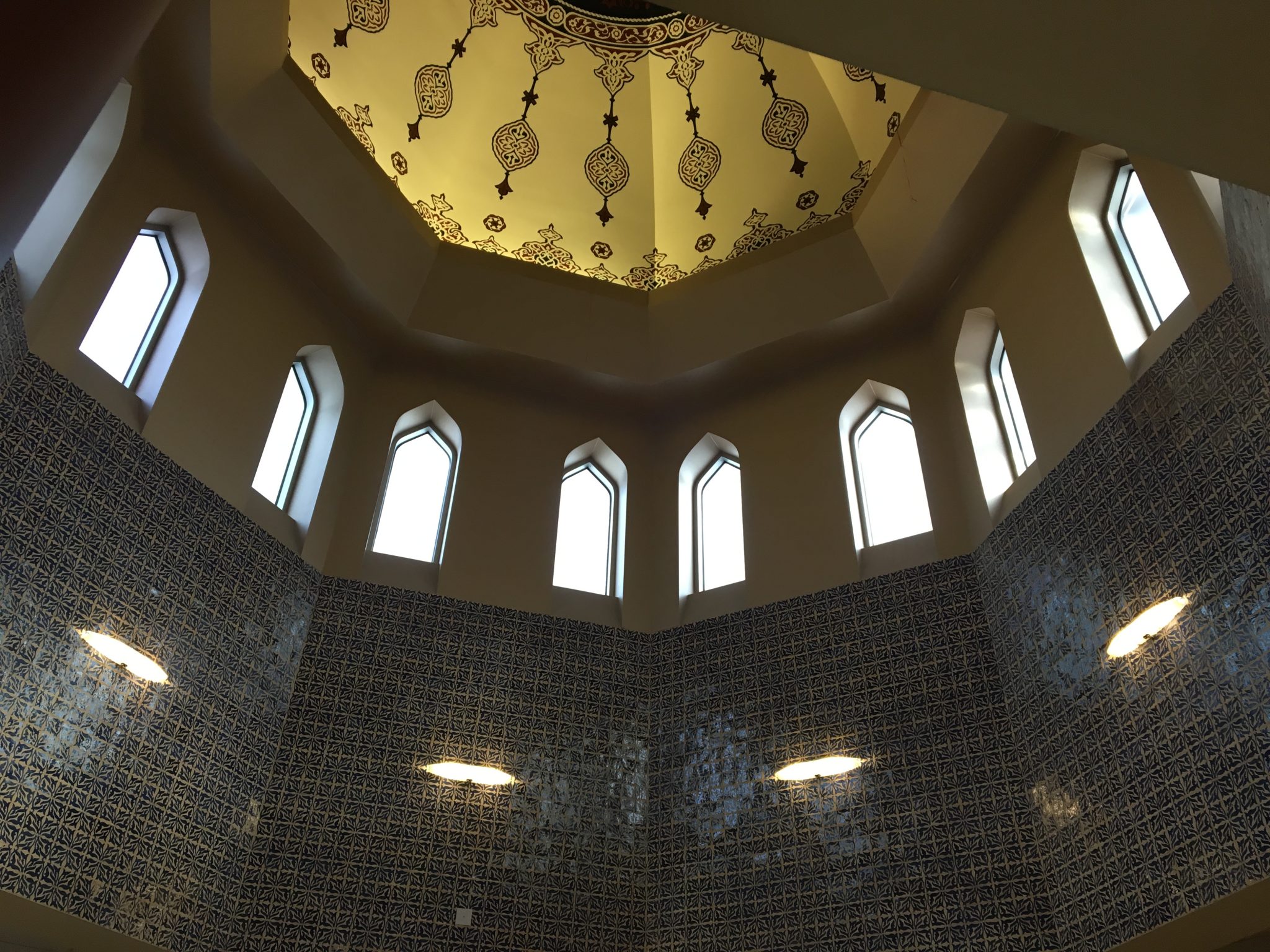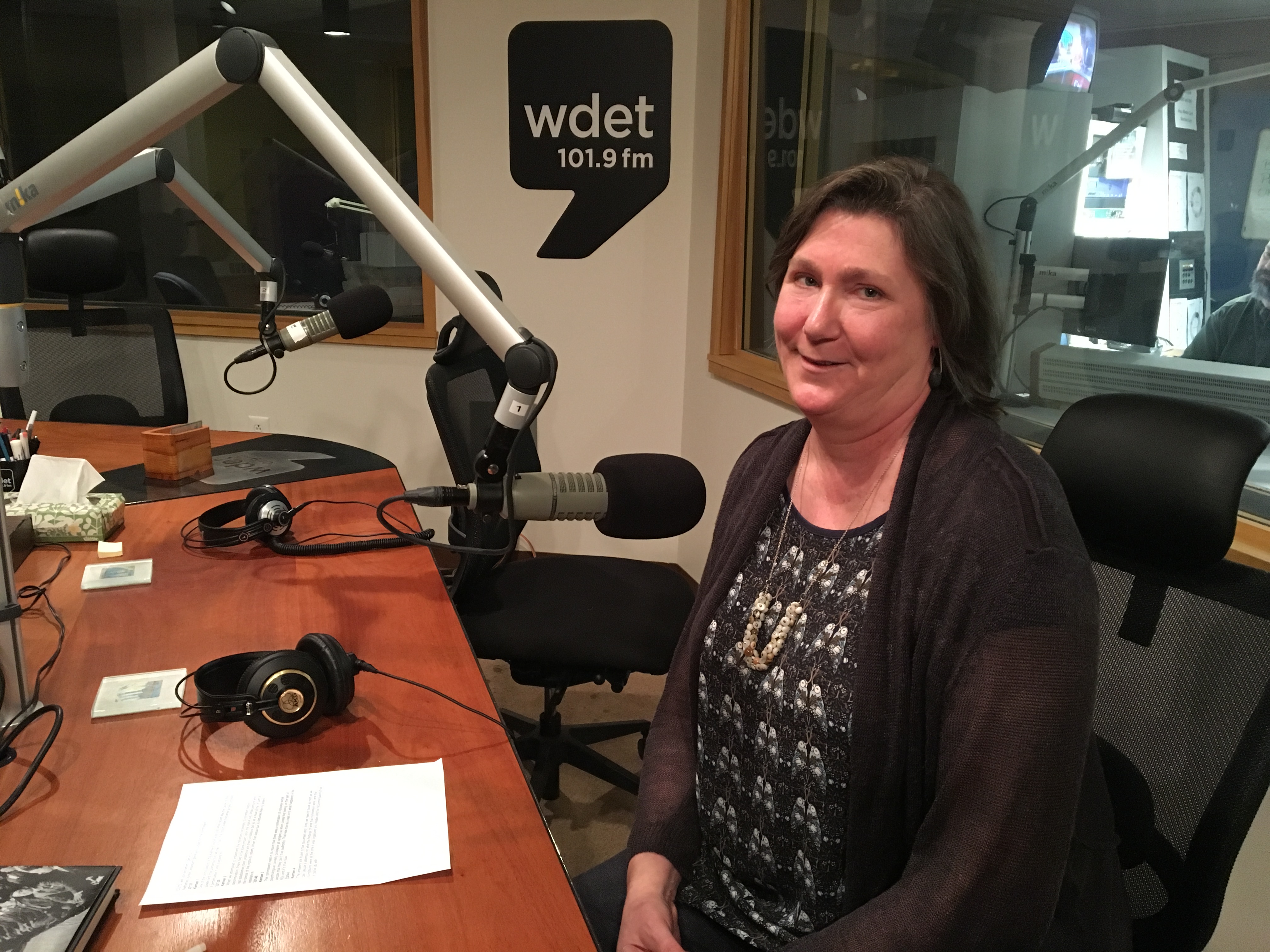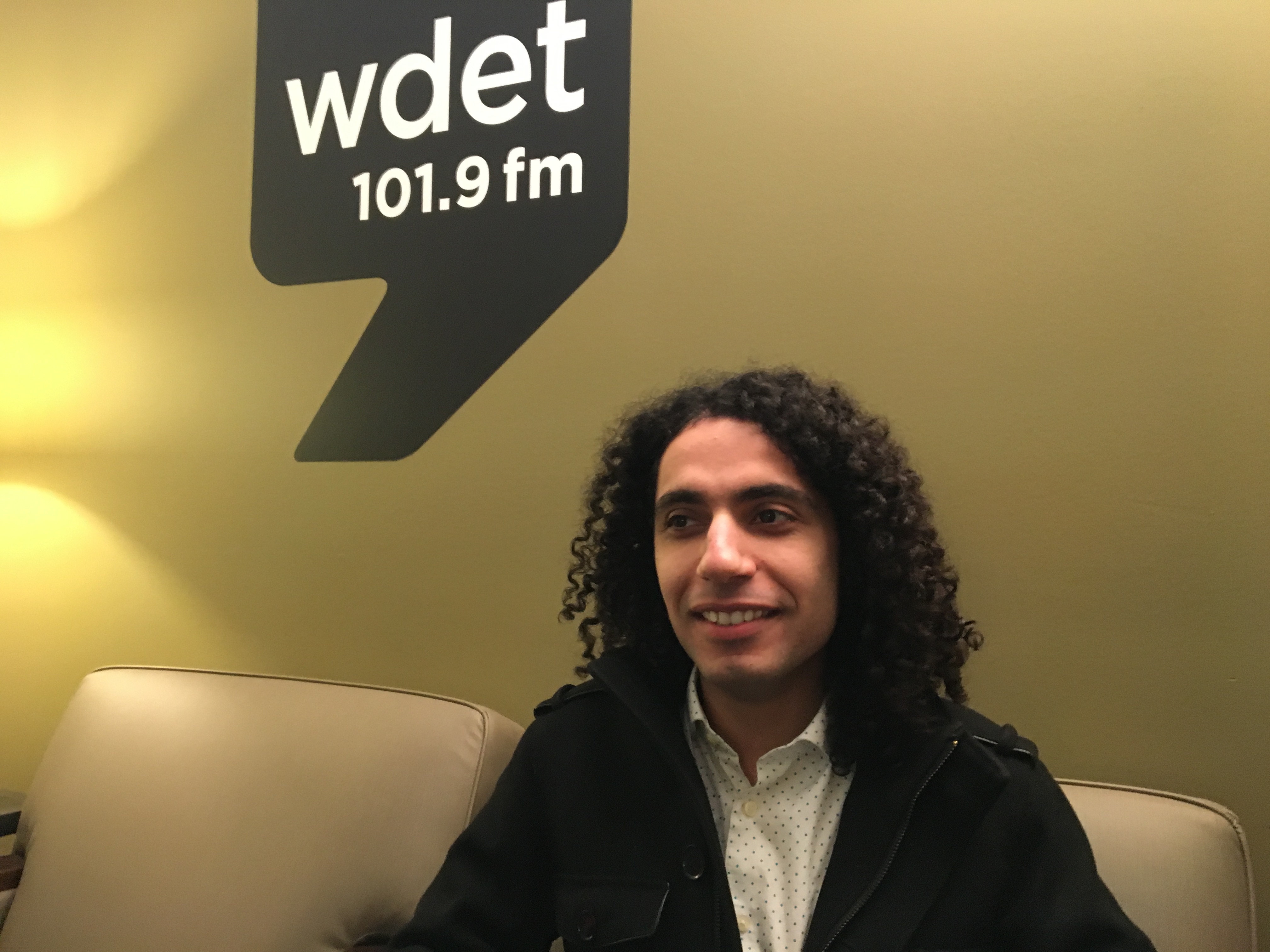The Intersection: 1967 and the Arab-American Community
The summer of 1967 held special significance for Detroit’s Arab-American community for local, international reasons.

As part of the Detroit Journalism Cooperative project “The Intersection,” WDET’s Sandra Svoboda hosted a conversation on Detroit Today about how the events of 1967 affected the Arab-American community in and around the city, and how the power and dynamics of that community have changed since that summer.
Complicating the local effects of that summer for Detroit’s Arab-American community were international events, specifically the war in June in the Middle East where Israel defeated Egypt, Jordan, and Syria. Sally Howell, associate professor of history at University of Michigan, says the American media positively characterized Israel’s victory, which had a profound effect on the Arab community in the United States.

“It was beyond a shocking kind of event. It was an utter defeat for their community,” Howell says.”I think the Arab-American community was still sort of reeling from that issue when the uprisings happened in the city”
Ali Harb, a reporter with The Arab American News, says Arab-Americans identified both with the white and African-American experiences in the United States, but found a reason to pick a side after 1967. “Back then many people sided with the uprising… they found a just-cause, they found it was fair for people to protest,” Harb says. “Some folks were activists with the community, some were scared for their businesses. We see the same dynamics unfolding today.”

“Today you’re going to see many more business owners [rather than autoworkers]… because in the old country it was said you needed to be your own boss, you needed to own your own business,” Harb say. “We want to be empowered with the community.”
Click on the link above to hear the full audio of the conversation.
